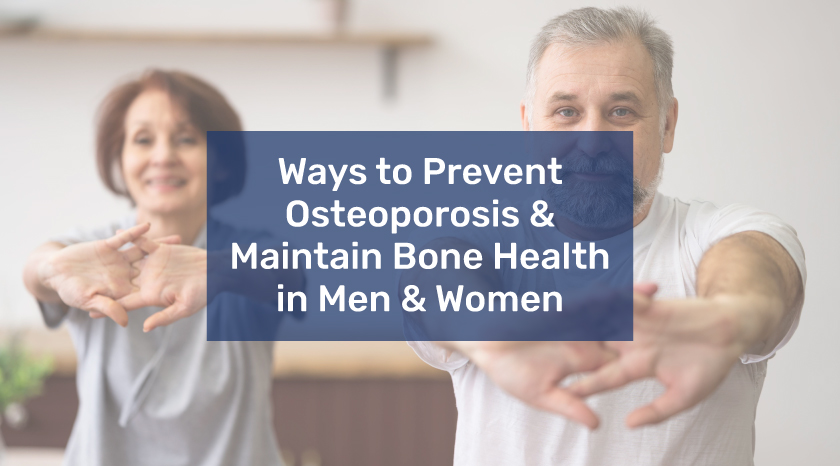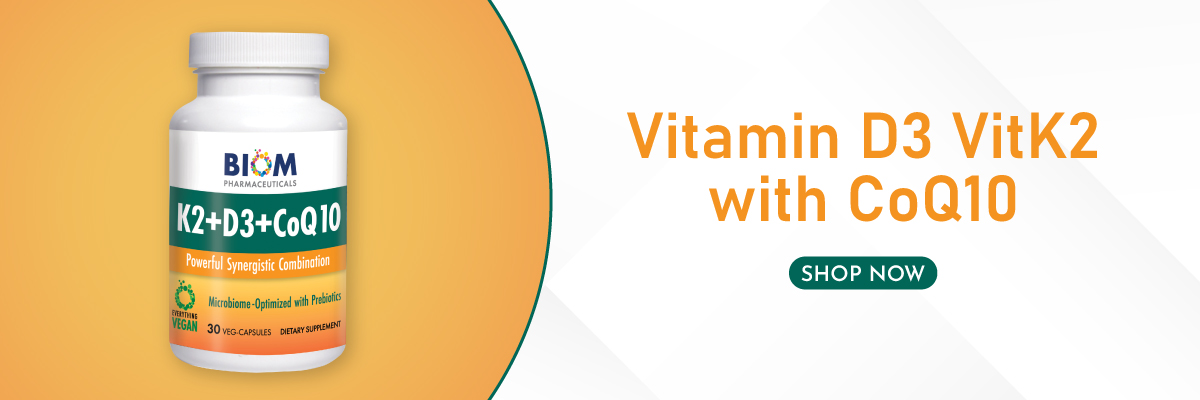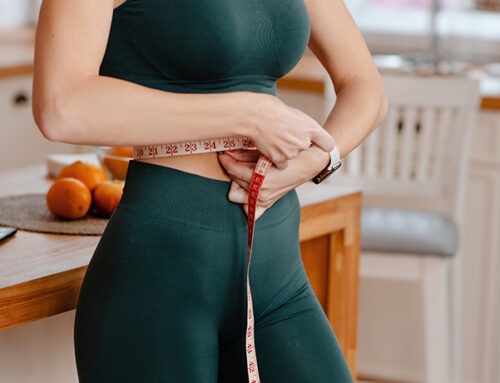Osteoporosis, a condition characterized by weakened bones and an increased risk of fractures, affects both men and women, particularly as they age. Prevention and maintenance of bone health are crucial for reducing the risk of osteoporosis. Here are several strategies to help maintain strong bones and prevent osteoporosis in both men and women.
1. Adequate Calcium Intake
Calcium is essential for bone health. Adults typically need about 1,000 mg of calcium per day, which increases to 1,200 mg for women over 50 and men over 70. Good sources of calcium include:
- Dairy products (milk, yogurt, cheese)
- Leafy green vegetables (kale, broccoli, collard greens)
- Fortified foods (orange juice, cereals)
- Almonds and tofu
2. Vitamin D for Bone Health
Vitamin D helps the body absorb calcium. Sun exposure can help the body produce vitamin D, but many people also need dietary sources or supplements. Aim for 600-800 IU of vitamin D daily. Sources include:
- Fatty fish (salmon, mackerel)
- Fortified foods (milk, cereals)
- Egg yolks
- Supplements, if necessary
3. Regular Weight-Bearing and Muscle-Strengthening Exercises
Exercise is crucial for maintaining bone density. Weight-bearing and resistance exercises are particularly beneficial:
- Weight-bearing exercises: Walking, jogging, dancing, and climbing stairs
- Muscle-strengthening exercises: Weight lifting, resistance band exercises, and body-weight exercises like push-ups and squats
4. Avoid Smoking and Limit Alcohol
Smoking and excessive alcohol consumption can lead to bone loss. Quitting smoking and limiting alcohol intake to moderate levels (one drink per day for women and two for men) can help maintain bone health.
5. Healthy Diet
A balanced diet that includes a variety of nutrients is important for bone health. In addition to calcium and vitamin D, ensure adequate intake of:
- Protein: Necessary for bone structure and repair. Good sources include lean meats, dairy, beans, and legumes.
- Magnesium and Phosphorus: Found in whole grains, nuts, seeds, and dairy products.
- Vitamin K: Important for bone metabolism, found in leafy green vegetables.
6. Maintain a Healthy Weight
Being underweight or overweight can negatively impact bone health. Maintaining a healthy weight through a balanced diet and regular exercise can help prevent bone loss.
7. Limit Caffeine and Salt
Excessive caffeine and salt can interfere with calcium absorption and bone health. Moderation is key.
8. Bone Density Testing
Regular bone density tests can help monitor bone health, especially for those at higher risk of osteoporosis. Women over 65 and men over 70 should discuss bone density testing with their healthcare provider. Younger individuals with risk factors such as family history, certain medications, or previous fractures may also need testing.
9. Medication, If Necessary
For those at high risk of fractures, medications may be prescribed to help maintain bone density and prevent fractures. These medications should be discussed with and prescribed by a healthcare provider.
10. Fall Prevention
Reducing the risk of falls can prevent fractures. Implement safety measures at home, such as:
- Keeping floors clear of clutter
- Using non-slip mats in the bathroom
- Installing grab bars and handrails
- Ensuring adequate lighting throughout the home
11. Limit Soda Consumption
Some studies suggest that excessive consumption of soda, particularly cola, may be linked to lower bone density. Limiting intake of these beverages can be beneficial for bone health.
12. Hormone Levels
Maintaining healthy hormone levels is important for bone health. Women should be aware of the impact of menopause on bone density, and men should monitor testosterone levels, as low testosterone can contribute to bone loss.
Preventing osteoporosis and maintaining bone health require a multifaceted approach involving diet, exercise, lifestyle choices, and medical care. By incorporating these strategies into daily life, both men and women can strengthen their bones and reduce the risk of osteoporosis, leading to healthier and more active lives.





